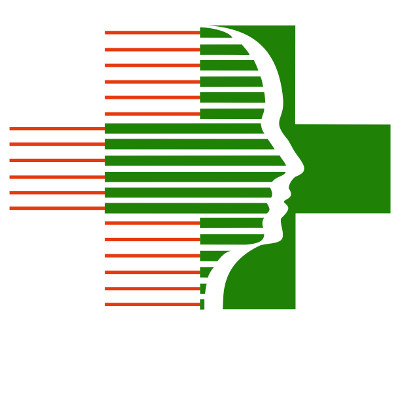
NNK - HU
Core Partner, BSL4, EU
The NEMZETI NEPEGESZSEGUGYI KOZPONT is the National Public Health Center (NPHC). It is a governmental institute in Hungary with national competence, and is responsible for developing and controlling national public health programs in the field of public health microbiology, environmental and settlement health, radio hygiene and chemical safety, health development and occupational health.
According to the Deed of Foundation, approved by the Minister of Human Capacities, the main responsibilities of NPHC in the field of microbiology encompass the followings: clinical and public health microbiology, supporting and providing reference laboratory background to public health authorities, operating national microbiology surveillance center and biosafety level 3 and 4 laboratories (National Biosafety Laboratory, NBL), conducting basic and applied research, training public health officers and medical health postgraduates, organizing external quality assurance and participating in professional codification procedures. NPHC operates most of the public health microbiology reference laboratories and WHO national reference laboratories in the country. Both the national reference laboratories and the NBL are appointed by the Ministry of Human Capacities as critical infrastructure in the health sector. NPHC is working with a wide range of microorganisms, including by the institute. NPHC is the only authorized laboratory to diagnose human infections caused by RG3/4 pathogens in Hungary.
NBL isthe only functioning high containment public health biosafety level 4 (BSL-4) laboratory working with dangerous pathogens of public health importance and bioterrorism in this region. The NBL consists of two independently operating parts: BSL3+ laboratory with a two-person glove-box and BSL-4 suit-based laboratory. Both units have the capacity to handle mice (up to 200 mice) and to perform animal experiment. Broad spectra of microbiological methods are established and used in the NBL such as molecular methods (real-time PCR, Sanger sequencing and whole-genome sequencing using Illumina MiSEQ), classical methods (serological tests, isolation on animals and cell cultures, characterization).
The institute is member of many international networks, and co-operations, enabling it to receive and share first-hand information on new techniques and emerging threats. For research, NPHC NBL is assigned by the Hungarian Government to represent Hungary in the ERINHA (European Research Infrastructure on Highly Pathogenic Agents). Moreover, NBL was one of the laboratories where Ebola virus was isolated from human specimens in the EVIDENT project (Ebola Virus Disease -correlates of protection, determinants of outcome, and clinical management, WP3).